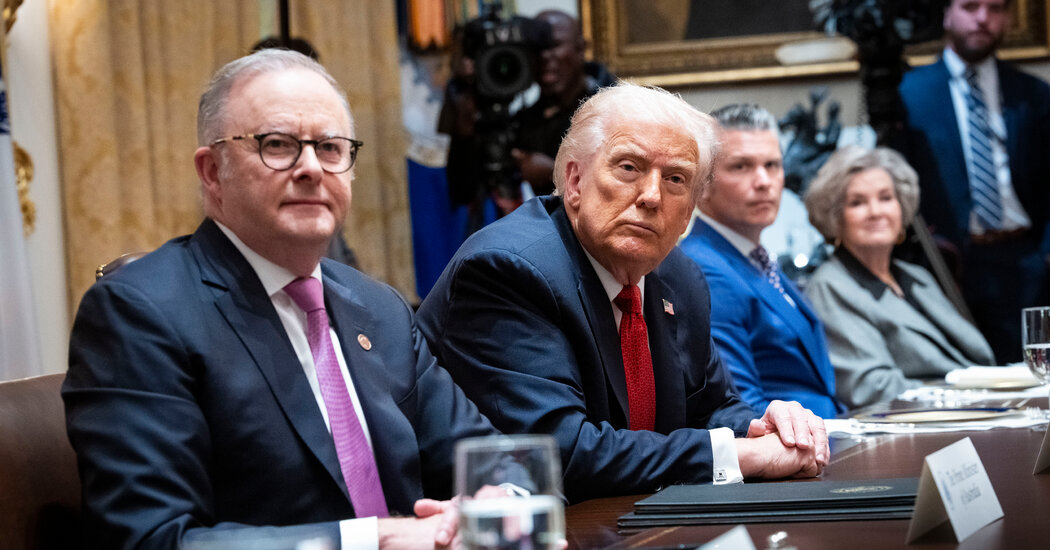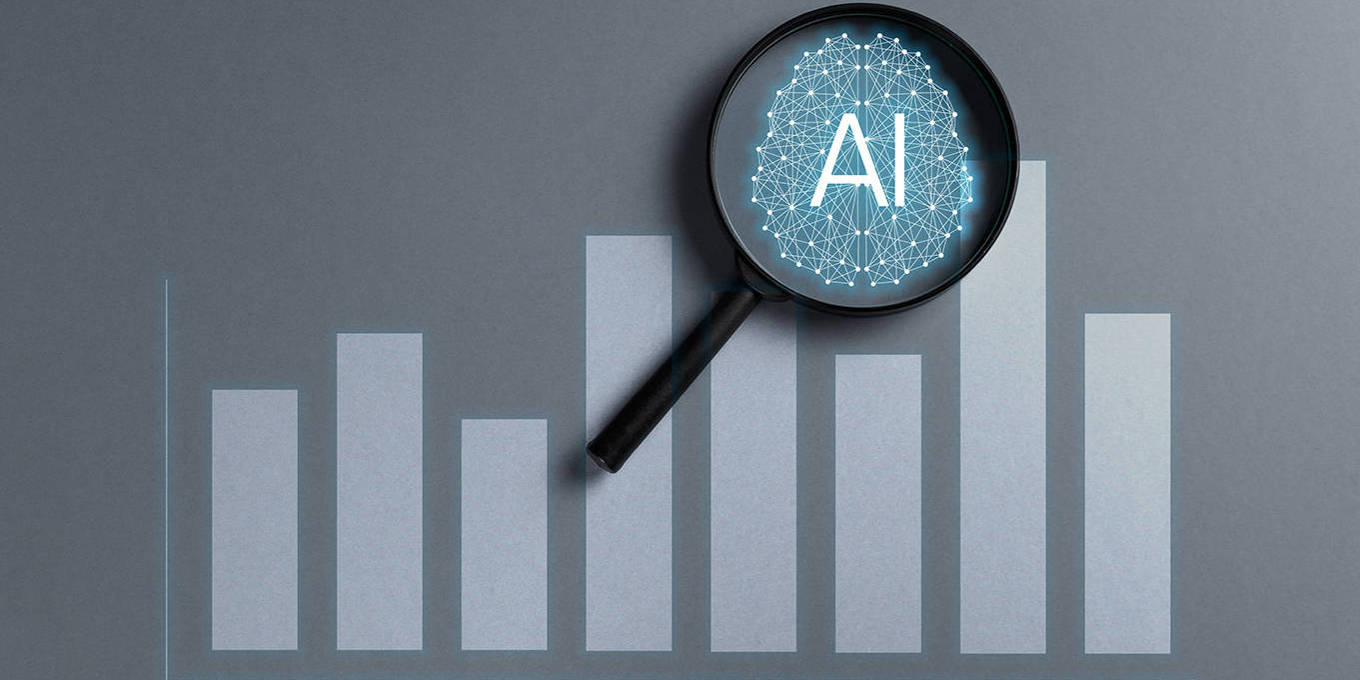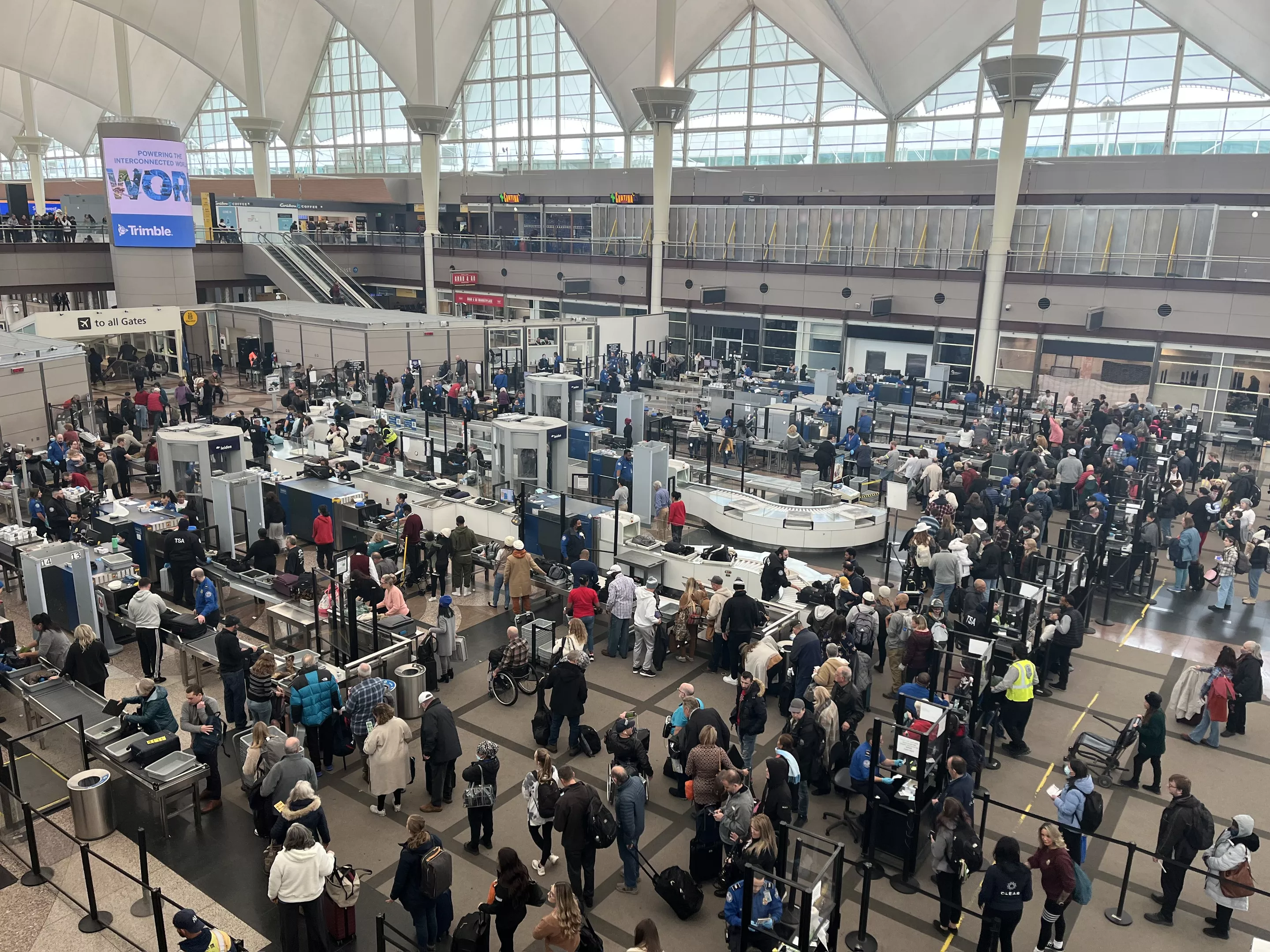Copyright The New York Times

The Trump administration is pursuing an array of unconventional measures to shore up mineral supplies that are vital for makers of cars, jet engines, weaponry and data centers, as the Chinese government leverages its control of rare earth exports in ways that could cripple global industry. In recent months, the administration has taken stakes in several mining and minerals firms. It has talked of establishing a strategic reserve of rare earths, and supporting domestic producers with price controls and tariffs. On Monday, the United States announced a strategic agreement with Australia to invest billions of dollars to develop mineral supplies. The topic is expected to be on the agenda for a Group of 7 meeting in Canada at the end of the month. Some analysts have praised the administration’s effort to find new approaches to reduce a dependence on China that has persisted through the terms of many U.S. presidents. But they have cautioned that the measures are not likely to provide a quick fix to a deep reliance on Chinese mineral supplies. Constructing the mines, refineries and factories needed to provide a real alternative to Chinese supplies will likely take years — even if foreign producers can obtain the machinery and technology they need, which the Chinese government has also proposed controlling. These investments will also require substantial capital, creating the risk that some taxpayer funds will go to unproven companies that could fail. China mines 70 percent of the world’s rare earths, and does chemical processing for 90 percent of the global supply. When the Trump administration recently hit the nation with high tariffs and more expansive technology controls, the Chinese government responded by rolling out a licensing system that would give it control over rare earths shipments even outside of China. The restrictions would affect shipments of products containing as little as 0.1 percent Chinese-origin rare earths, as well as the use of Chinese mining and refining equipment and technology. The licensing system would also control battery technologies that are important for electric vehicles, drones and the data centers that power artificial intelligence. Thank you for your patience while we verify access. If you are in Reader mode please exit and log into your Times account, or subscribe for all of The Times. Thank you for your patience while we verify access. Already a subscriber? Log in. Want all of The Times? Subscribe.


![PAK vs SA [WATCH]: Abdullah Shafique survives as bails stay intact despite ball hitting off-stump on Day 2 of Rawalpindi Test](https://d2731bbzmt3wpb.cloudfront.net/news/image/us-west-2:25d97050-7aa7-43a6-a623-8fb02e6af97e/20251022/045324a653f141588c6eb8e9afd4b31b.jpg)
